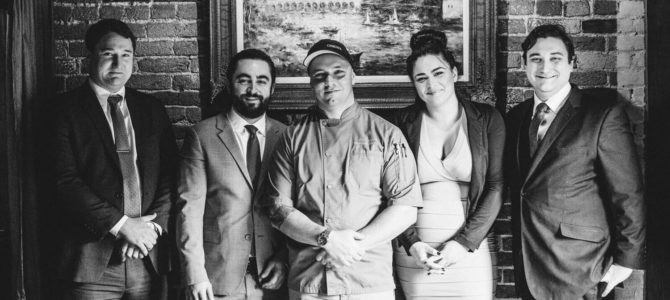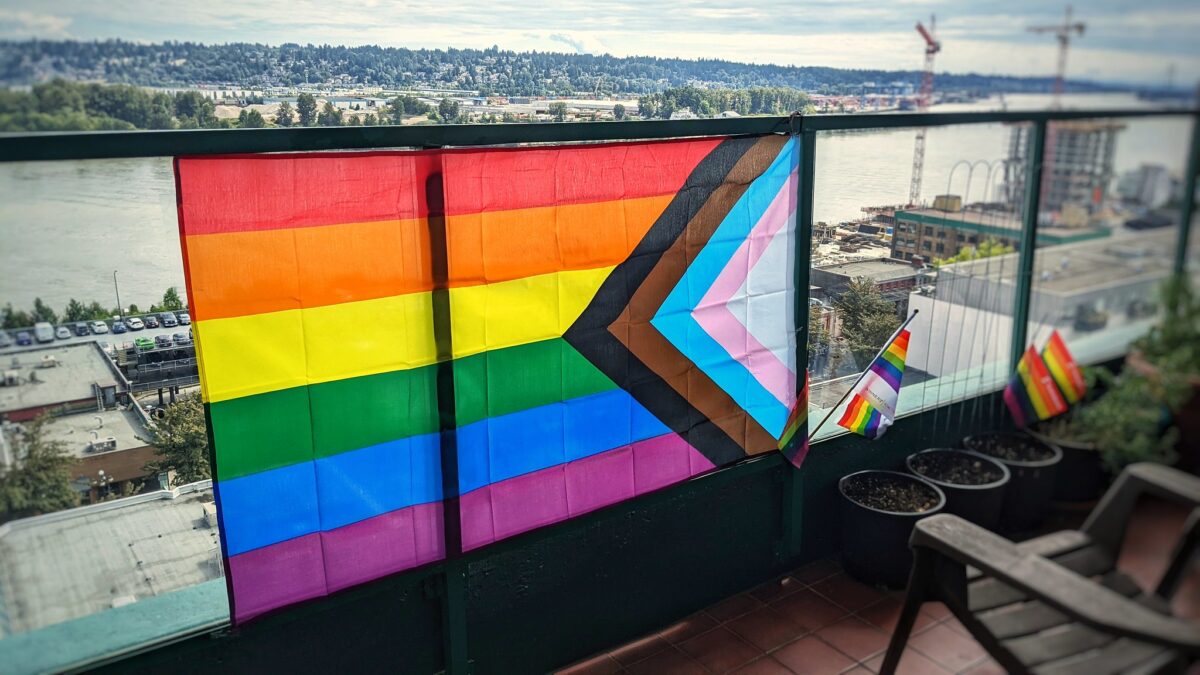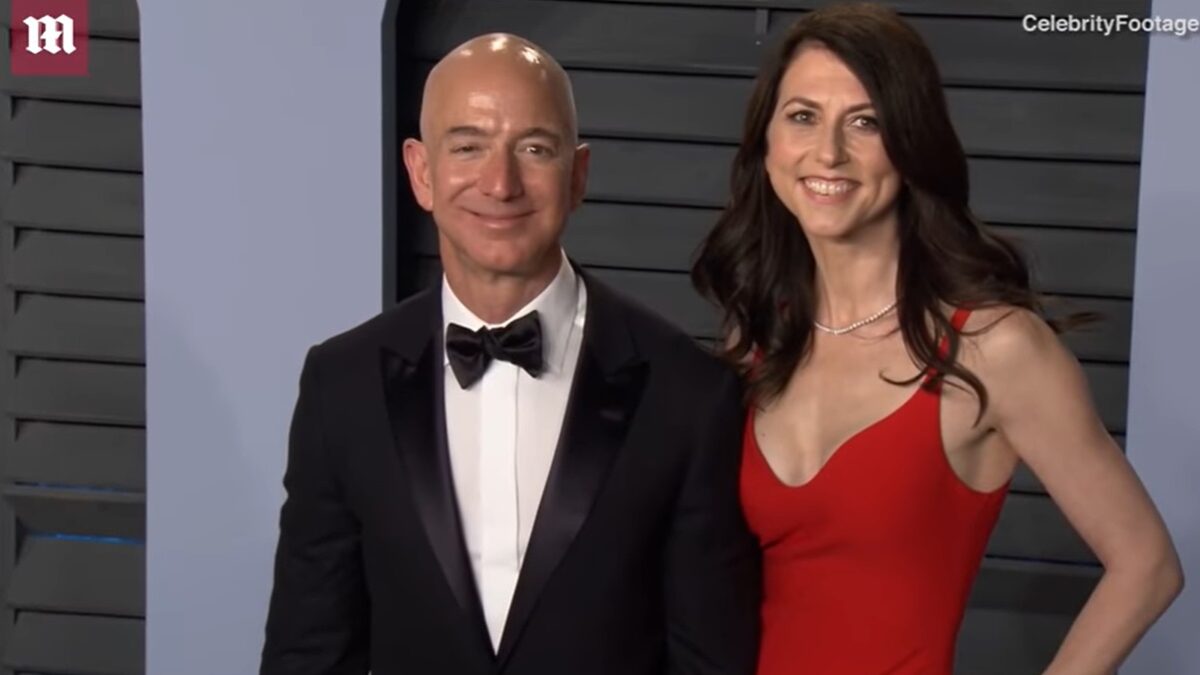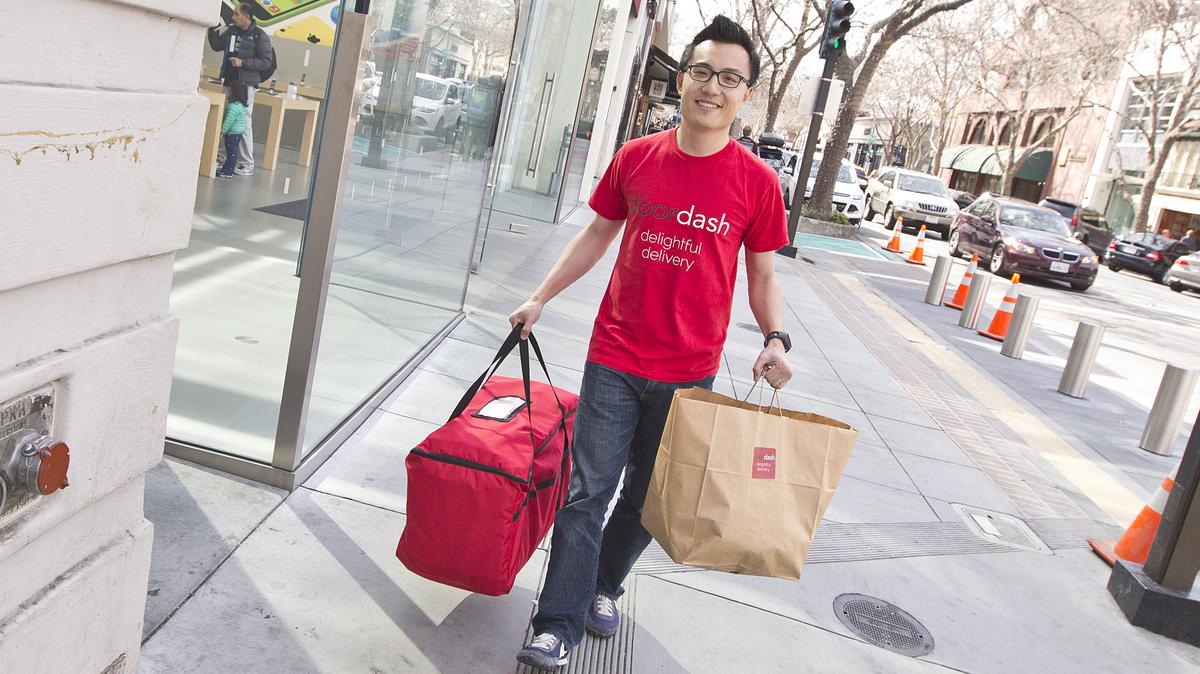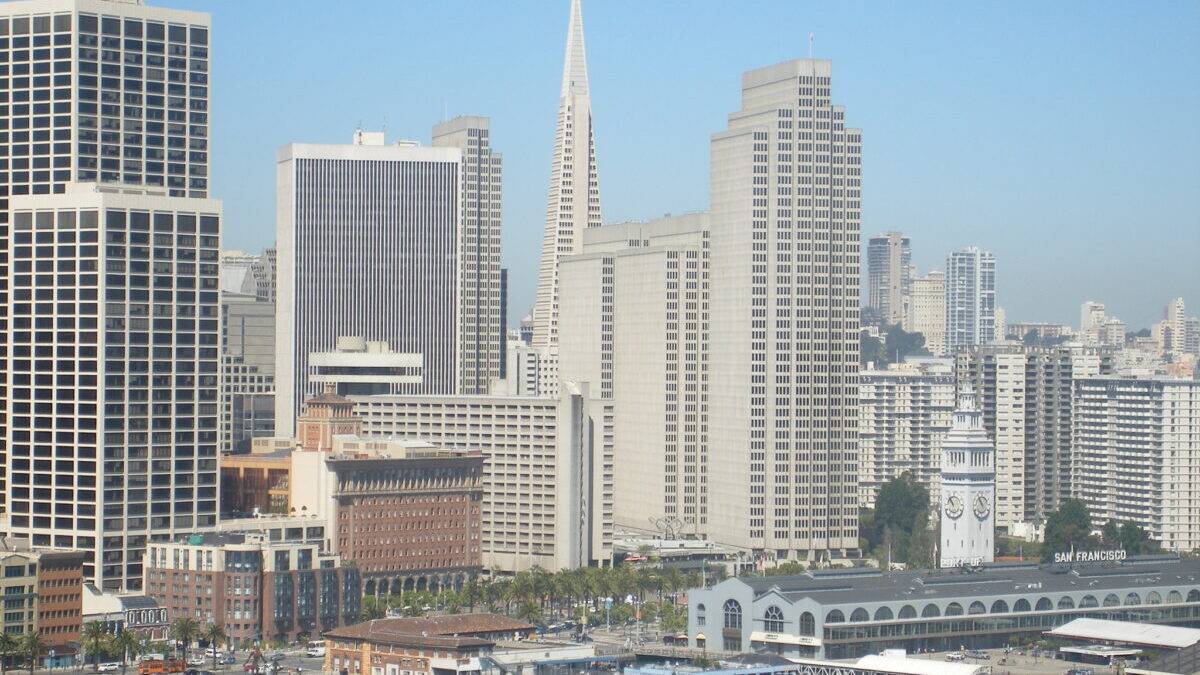WASHINGTON, D.C. — “We did not choose to close.”
It’s a simple message from one of the American capital’s leading restaurateurs. “I could have easily kept my restaurants open and exercised great caution, and with the right guidelines kept it as safe as possible,” Rex Management CEO Noe Landini told The Federalist.
“Explain to me one thing,” he asked of the government delivery allowance and the order to end all dine-in service. “The food is being made in the same kitchens. That food is going to households. The virus can live on surface areas for a wide range of time depending on the type of surface area.”
“Why couldn’t I have put people in my dining room, exercised social distancing, and exercised critical hygiene and sanitary measures? Our staff is capable of doing that and managing that with or under the right guidelines. Okay, so I understand from the standpoint of stopping the spread that’s not possible because it would be too hard to govern and maybe people would take advantage … But then they shut us down.”
“We should give ourselves a little more credit. I think we understand how to do this now, and we should all give ourselves the opportunity to be more cautious.”
Noe’s business began just across the Potomac River in Old Town, Alexandria, where his father and uncle founded a small eatery with a pizza joint upstairs, selling their stakes in 1979 to found their dreamed-of Landini Brothers. Two immigrants from Italy, their Tuscan-themed restaurant became a staple of Washington, entertaining tourists, locals, and senators side by side.
Since those days, they’ve turned the third floor into Washington’s swankiest private cigar club, expanded a fish restaurant next door, opened a Chinatown bar, a bakery in both Virginia, and a bistro and bar on Capitol Hill. When the coronavirus hit, they were in the midst of opening another bistro in Maryland and a speakeasy at the site of the famed late-night young Republican scene, Smith Point.
Today, even with lifted restrictions on to-order food and drinks, the Chinatown bar is closed and the restaurants are averaging 4 percent of their normal profits — not enough to pay the huge bills the properties demand.
“We’re going to have a very serious problem in the sense that there aren’t going to be a lot of restaurants around when we open back up,” Noe, a member of the Heritage Foundation’s National Coronavirus Recovery Commission, said in a Monday interview. “The longer we wait the less likely those restaurants that do reopen are going to be able to stay reopened. For every day that we’re closed it’s 10 days to recover.”
“If you’re in the car business and the government says you can’t sell cars, how the hell are you going to stay in business? Or better yet, you can sell cars but you can’t sell tires, well how the h-ll am I going to do that? Who’s going to buy the cars? I mean people have just changed their routines and habits and I’m selling a product that is missing 60 percent of itself. My restaurants aren’t just about the food, or getting food in front of you as a means to an end. We need more help. And some of us are going to survive and some of us aren’t. And it’s already happening.”
“I understand the numbers,” he continued. “I look at them every day. I know what it takes to operate a restaurant in this town, and you’re just not gonna cut it by delivering a dozen eggs and toilet paper. It’s just not going to work. If we don’t get back to what we know how to do what got us here in the first place, then unless there’s just this stream of free money coming in, we’re going to have a very serious problem on our hands.”
